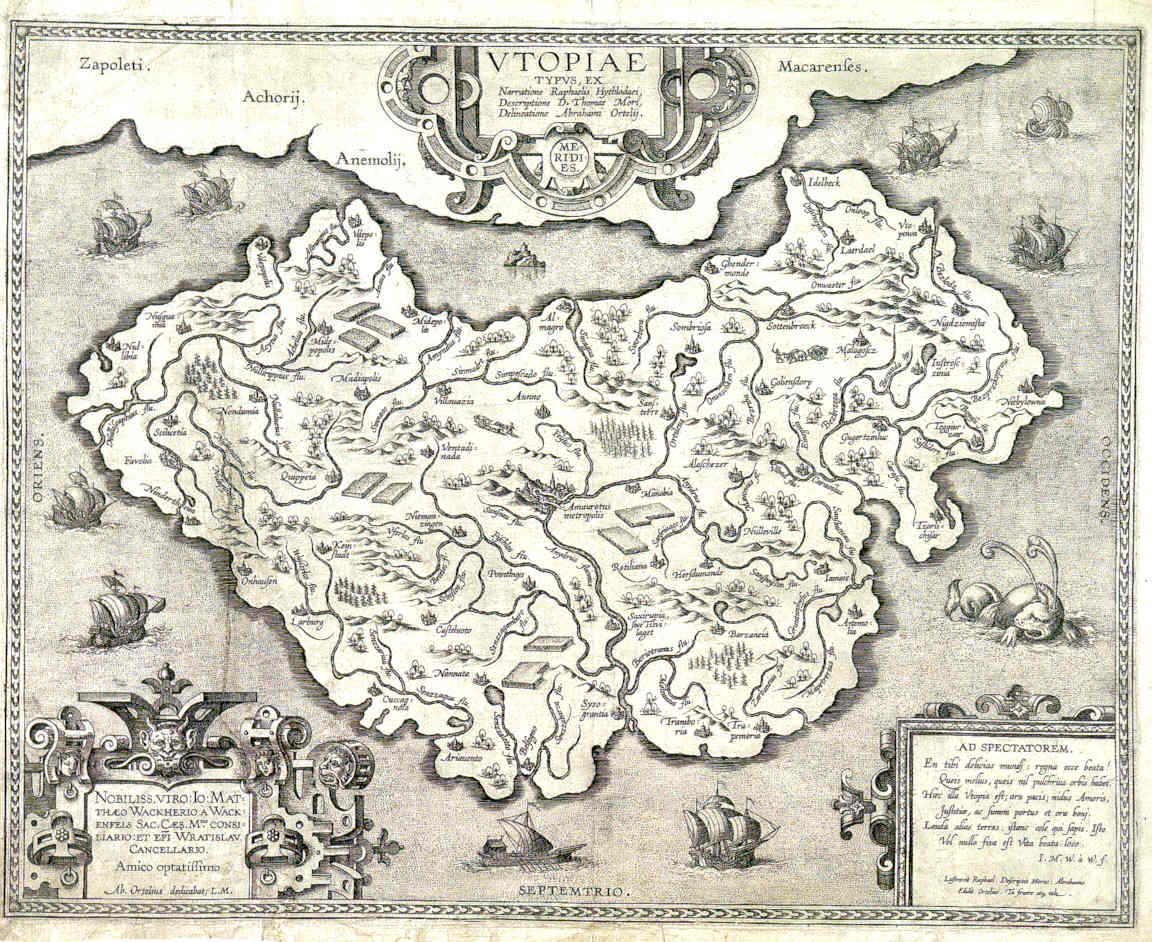 |
| Mount Kilimanjaro (1938) via Wikimedia CC BY-SA 3.0 |
 The Snows of Kilimanjaro and Other Stories by Ernest Hemingway
The Snows of Kilimanjaro and Other Stories by Ernest HemingwayMy rating: 5 of 5 stars
This book is drawn from other works and I have read all of the stories several times before either online or in other collected works. Rather than read in awe of the master, this reading had me feeling sorry for the depressing note to all things. While this makes the short stories art, it also hints at a fragility, but not of manhood, as Hemingway's critics often suggest, but of the absurd. And yet Hemingway had no time for the absurd, or at least, Malcolm Cowley with:
...a stupid look on his potato face talking about the Dada movement...
Yet here, in this collection, I couldn't help but think of the meaninglessness of life and Hemingway's enunciation of the absurd, building over and over in a collection put together, not by Hemingway, but by others. I suspect this is worth looking into further and a few re-reads of Hemingway's major works might benefit from a view through this lens.
View all my reviews
 Donate
Donate








